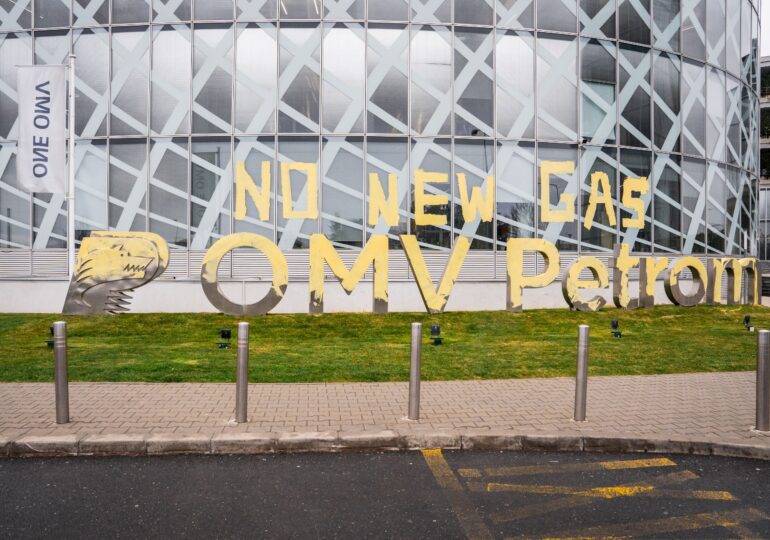The environmental agreement for Neptun Deep must be rejected because, by issuing it, Romanian authorities are validating a toxic project that endangers the Black Sea, according to Greenpeace Romania activists.
„On June 14, the Constanta Environmental Protection Agency issued the final decision to grant the environmental permit for the Neptun Deep project. Through this measure, environmental authorities in Romania continue to ignore strong arguments against the project. The public reaction was swift: in response to Greenpeace’s call, over 11,000 citizens sent messages to the Minister of Environment, Mircea Fechet, and to the Constanta EPA, requesting that Neptun Deep not be granted the environmental permit.
The targeted environmental authorities did not react. The Ministry of Environment and the Constanta EPA downplay the impact that this project will have and continue to ignore the clear arguments presented by Greenpeace and supported by citizens," the organization stated in a press release.
According to the cited source, there were no real public consultations for the Neptun Deep project, only "a single consultation in Tuzla, under the 'patronage' of OMV Petrom, and cross-border consultations were held in a small town in Bulgaria."
"There was no deemed necessary discussion with citizens from coastal communities and stakeholders, even though the project's scale warrants it. OMV Petrom erroneously claims that the carbon footprint of the Neptun Deep project is 'negative,' despite the exploitation of a gas field of 100 billion cubic meters, which will generate approximately 207 million tons of CO2. It is a huge nonsense, as it is the largest gas exploitation project in the entire European Union," emphasized Greenpeace Romania.
Additionally, activists point out that a quantity of five million cubic meters of wastewater, whose chemical composition is not disclosed to the public, will be discharged into the Black Sea during gas exploitation.
"The Dobrogea Littoral Water Basin Administration (ABA D-L) and the National Institute for Marine Research and Development 'Grigore Antipa' refused to provide interested parties with documents showing the toxicity level of the waters discharged into the marine environment by OMV Petrom.
Marine life is in real danger, already being affected, and the most vulnerable species are marine mammals, such as dolphins (...) The Neptun Deep project documents do not even consider this major risk, although the consequences can be catastrophic for humans and the environment," the statement reads.

